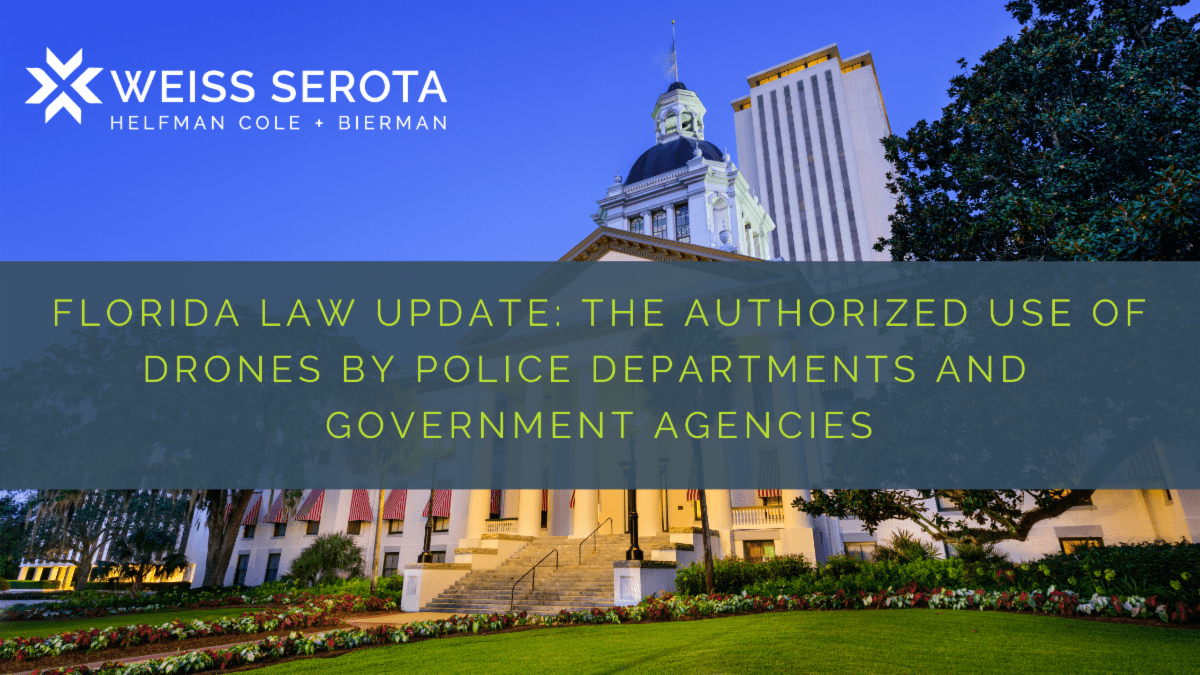The Occupational Safety and Health Administration has issued its long-awaited Emergency Temporary Standard (“ETS”) requiring that private employers with 100 or more employees implement a mandatory COVID-19 vaccination policy, unless they adopt a policy requiring employees to wear face coverings at work and to be tested for COVID-19 at least once per week. Covered employers are also required to:
- Determine the vaccination status of each employee, obtain acceptable proof of vaccination status from employees, and maintain records and a roster of each employee’s status.
- Require employees to provide prompt notice when they test positive for COVID-19 and remove employees who test positive from the workplace.
- Ensure that each employee who is not fully vaccinated is tested for COVID-19 at least weekly (if the employee is in the workplace at least once a week) or within 7 days before returning to work (if the employee is away from the workplace for a week or longer).
- Ensure that, in most circumstances, any unvaccinated employees wear a face covering when indoors or when occupying a vehicle with another person for work purposes.
Employers must comply with most of the ETS provisions by December 5, 2021, though employers have an additional 30 days to comply with testing requirements. Florida Governor Ron DeSantis has announced that he intends to challenge the ETS in federal court. Nevertheless, covered employers should begin to formulate policies and procedures to comply with the ETS because waiting for the results of potential litigation could leave employers with insufficient time to comply should the ETS be upheld.
We are continuing to monitor the situation closely and will provide updated information upon further developments. We would be happy to help you navigate preparing a policy that addresses each of these issues, as they may be applicable to your operations. Please do not hesitate to reach out to the Weiss Serota Labor & Employment Division with any questions or concerns.
The information contained in this document does not constitute legal advice.






